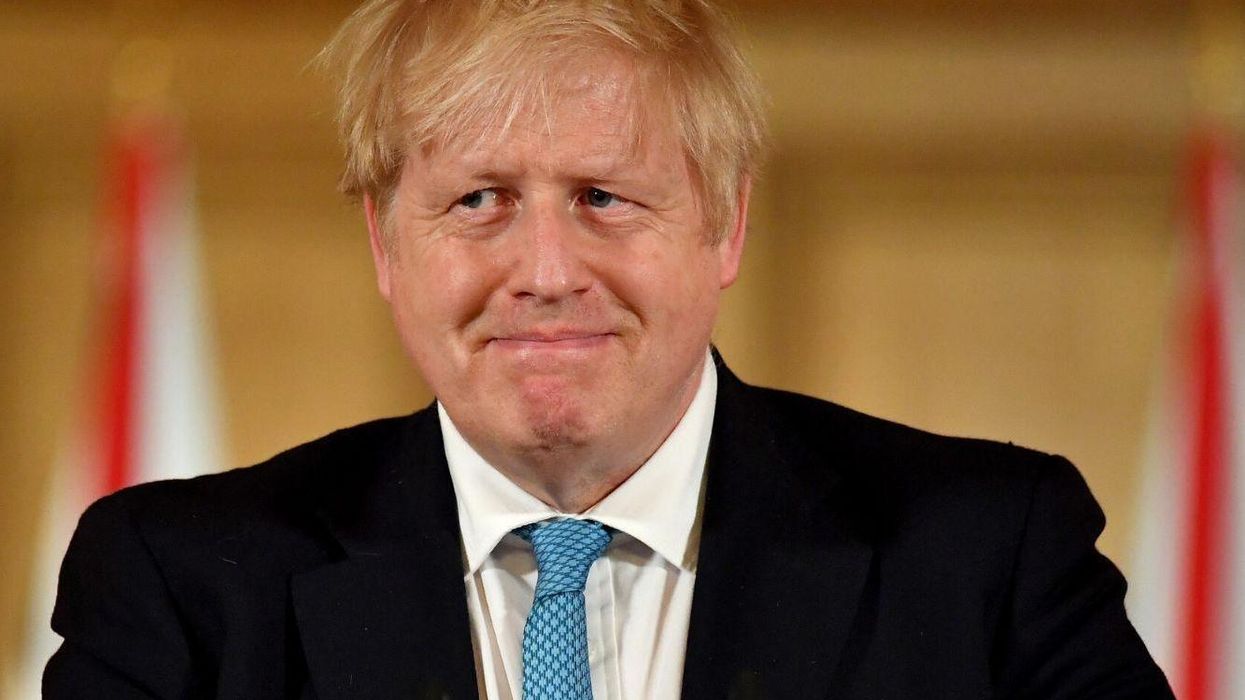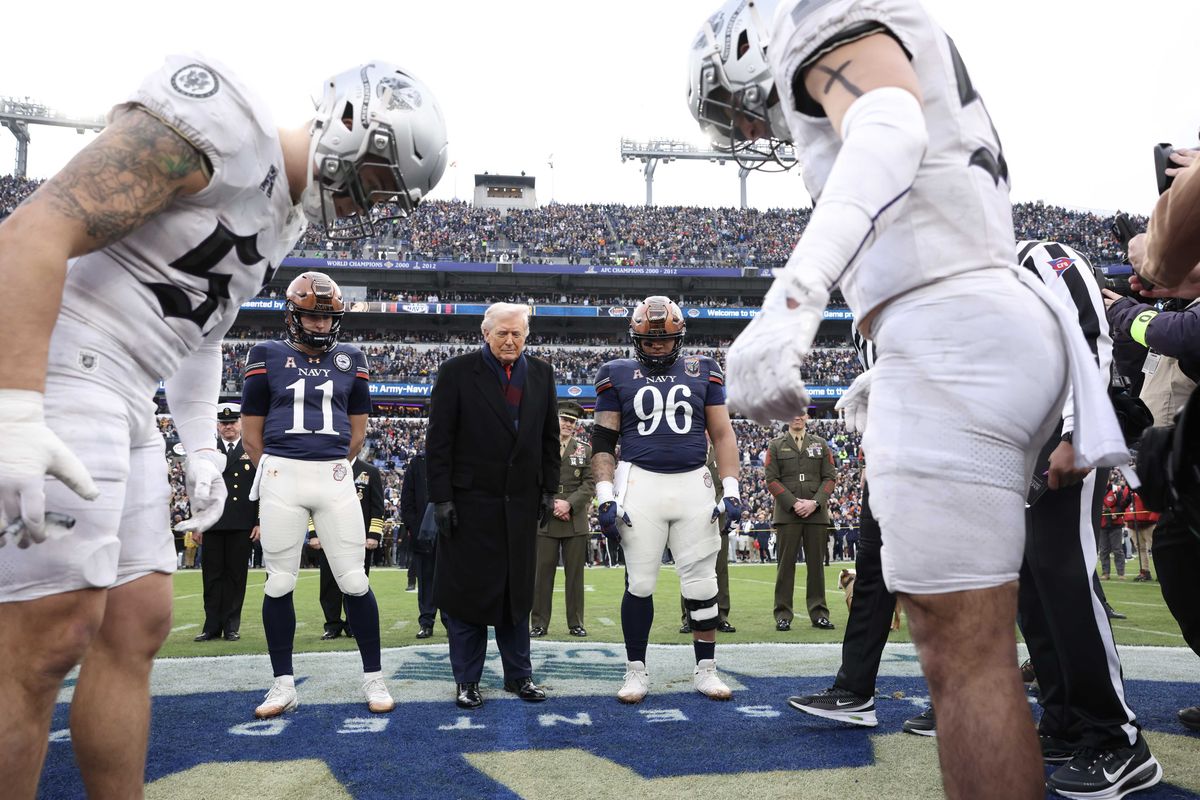Celebrities
Faiza Shaheen
May 17, 2020

By Faiza Shaheen
At the onset of the UK lockdown, in one of his press briefings, Boris Johnson said something extremely unexpected: that he was aware that after the financial crisis, the banks had been bailed out while the people had not.
This time, he insisted, this would not be the case. And on the surface it looks like he has kept his word – the furlough scheme has been extended this week, with millions of workers’ incomes protected at up to 80 per cent.
But if we look at who is slipping through the gaps in the furlough scheme – who can and can’t work from home, who is on the frontline without PPE or who is expected to pay for the furlough and emergency packages – it’s the same old story of protecting the rich before everyone else.
The Office of Budget Responsibility has chalked up the cost of the now extended furlough scheme and other emergency interventions to £123bn. This, Chancellor Rishi Sunak and his colleagues claim, is an intervention on a larger scale than other rich nations.
Yet the Institute for Fiscal Studies (IFS) actually found that, as a proportion of national income, we are relatively modest compared several countries – including Japan, the USA, Canada and Germany. And there’s something else to consider: while £123bn is a huge sum, equivalent to 5.9 per cent of national income or the full running cost of the NHS in 2017, it is still less that the bank bailouts that totaled at £137bn.
So why are we acting like the government is doing taxpayers a favour?
Yes, you can argue that we got stakes in the banks so got some of the money back. You could also argue that providing income for people to avoid mass redundancies and millions of homes being repossessed and renters kicked out is worth the investment in both the short and long-term. We have bought a stake in the people of this country – and their hard work is what will get the economy going again.
But this is not the language we're hearing.
In recent weeks we have heard that senior government officials are worried about workers getting “addicted” to the furlough scheme, and leaked Treasury documents discussing how to tax people more and freeze public sector pay to recoup the costs of the emergency bailout of businesses and workers. The banks were given time to repay their debts, and that was a crisis of their making. It seems everyday people aren’t coming first after all – not now, and not in preparations for what comes after the lockdown.
And what about within the mechanics of the emergency package? With any intervention there are those that gain more than others – and despite the rhetoric, when you follow the money you find it is disproportionately helping those with housing wealth. A new study published by the Institute for Public Policy Research (IPPR) calculates that 13 per cent of state spending on the furlough scheme is likely to end up in the pockets of landlords – amounting to £2.8bn under a three-month lockdown.
Once they add mortgage and loan repayments, this rises to a combined 45 per cent of total spending of the furlough scheme. So while the money is going to workers, it is also a de facto bailout for landlords and the banks. Banks are not forgiving debt, of course: mortgage holidays are just deferred payments and many are still charging obscene interest rates on credit cards and overdrafts. After taxpayers bailed out the banks in 2008, you might think they would try to return the favour.
Inequalities are being greatly exacerbated in this crisis.
New research from my think tank the Centre for Labour and Social Studies (CLASS) confirms that it is those on lower incomes and precarious employment contracts that are being worse hit. Conversely, a third of key workers are paid less than £10 a hour, and more than half of care workers – meaning those most exposed to the virus are also on often on less than a real Living Wage. It’s a massive slap in the face. As if things won’t bad enough, those on lower incomes, in deprived areas and ethnic minorities are more likely to die from the coronavirus.
Nothing the government has done so far has sought to ameliorate these disparities. They haven’t even done the basic and easy stuff – like demand that any bailouts via the furlough scheme or loans can only be given to companies who pay their taxes here. It is almost as if they don’t see the inequalities at all.
Meanwhile, it’s those that can’t work from home – those in construction, manufacturing and people facing roles that are being told to return to work.
If they don’t drive or live close to their workplace, like the majority of working class and young Londoners and millions in other cities in the UK, they have to get on public transport. If it’s not safe enough for the middle class who are much more likely to be able to work from home – why is it safe enough for the working class?
Now the government is also trying to push teachers and others back to work – cloaking their demands in language of bravery and heroism. Maybe people just want to be safe in their workplaces, as is their right.
Covid-19 has unleashed a whole new class struggle.
The bleak truth is that those on lower incomes – often doing the work that is keeping the wheels on society, are the ones who will end up in more debt, more precarious housing situations and sick or even dead. There is one last opportunity to reverse these obscene inequalities – thorough building in equality measures into any recovery plan. Given the track record of Conservative governments since 2010, I wouldn’t hold your breath.
Faiza Shaheen is the director of the Centre for Labour and Social Studies and a former Labour Party parliamentary candidate
Top 100
The Conversation (0)













